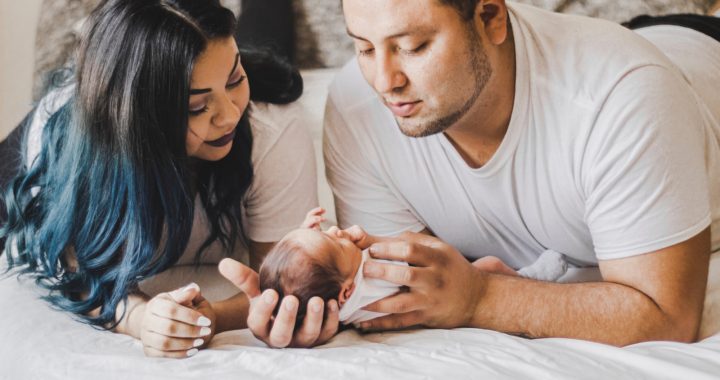

4 Comments
Leave a Reply
You must be logged in to post a comment.

 Long before birth, other beginnings occur. The moment of discovery of the pregnancy is an especially significant one. For babies who are completely dependent on their parents’ welcome and protection, any sense that one or both parents, particularly the mother-figure, is ambivalent or rejecting, is appropriately terrifying and shocking.
Long before birth, other beginnings occur. The moment of discovery of the pregnancy is an especially significant one. For babies who are completely dependent on their parents’ welcome and protection, any sense that one or both parents, particularly the mother-figure, is ambivalent or rejecting, is appropriately terrifying and shocking. little one’s arrival. This is important. But often the baby is still in shock and grief at having lost their mother, the person they have been so close to for nine months. Without acknowledging what has happened and giving space for emotions associated with the loss and sudden transition to a new family, the baby may be too distraught to be able to take in how their new parents are celebrating them.
little one’s arrival. This is important. But often the baby is still in shock and grief at having lost their mother, the person they have been so close to for nine months. Without acknowledging what has happened and giving space for emotions associated with the loss and sudden transition to a new family, the baby may be too distraught to be able to take in how their new parents are celebrating them. Welcoming all that is in every moment is a basic mindfulness practice. It isn’t always easy, but it is generally helpful.
Welcoming all that is in every moment is a basic mindfulness practice. It isn’t always easy, but it is generally helpful.You must be logged in to post a comment.
Thank you Cherionna, it felt really good to read this. Great reminders to welcome each moment and all that we are and were.
It reminds me of the metta practice in Buddhism.
Warm thoughts your way
Thanks Sophie for your comment. I hope the reminders are helpful. I also see this as related to Metta practice. So needed in our world these days! Warm wishes
Thank you so much dear Cherionna for these deep and true words about WELCOMING. I so often do not feel being welcomed by others and the only way to deal with that is to welcome myself with my feelings in every moment and to welcome even the not being welcome to others and accept that. and to welcome everyone myself if ever possible.
Thank you for deep insights.
Angelika
Thanks Angelika for your comment. Yes, please welcome yourself! It’s easy for me to welcome you but what can support you in feeling that is your welcome for yourself, which can also happen much more often. You are with yourself so much more than I or others are!